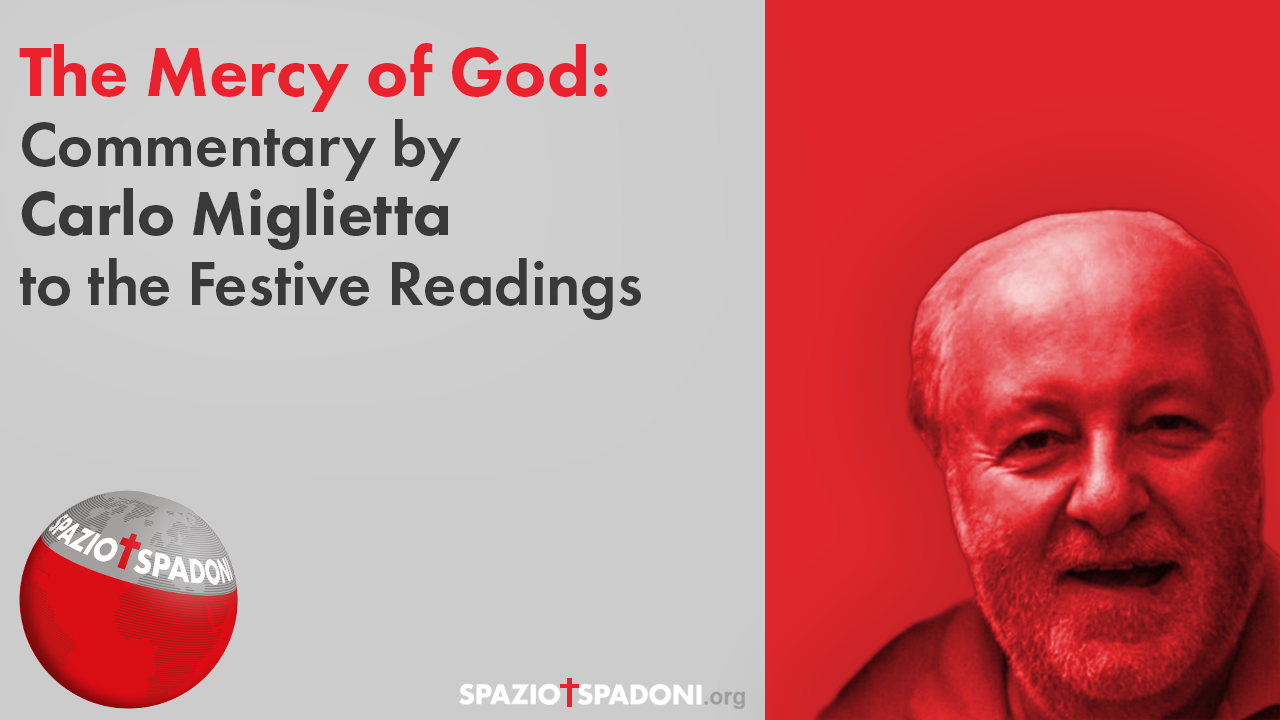
Faith In The Storm
Readings: Gb 38:1, 8-11; 2 Cor 5:14-17; Mk 4:35-41
In Mark’s Gospel, miracles occupy about a third of the narrative (209 verses out of 666): they are usually wonders of healing or resurrection of the dead, but sometimes also of dominion over nature. The miracles are the consequence of Jesus’ saving power, the purpose of his mission: he came to definitively defeat evil and death, and his victory begins precisely in the space-time limit of the poor, sick humanity that flocks to him and the hostile nature. Therefore Mark calls them dynamis, power (Mk 6:2,5.14; 9:39), and never sèmeion, sign, or tèras, prodigy. The miracles in the Gospels are thus not, per se, propagandistic signs performed to prove that Jesus is God, but revelatory moments of the divine concern for the suffering, of the Son’s mission to make us overcome our creaturely finitude: indeed, they remain, in Scripture, as gestures in themselves ambiguous, sometimes perplexing witnesses, which in themselves do not induce onlookers to faith in Jesus (Jn 12:37). Indeed, Jesus warns that “signs and portents” may be performed even by “false christs and false prophets” (Mk 13:22). Therefore, Jesus refuses every sign to the Pharisees who ask him for a proof (Mk 8:11-13). It is then explained why the Lord often imposes silence on those he heals (Mk 1:34; 3:12; 5:43; 7:36; 8:26). And one understands the insistence of faith required of those healed (Mk 5:34; 7:29; 9:22-24; 10:52): Jesus reiterates that total salvation comes only from adherence to him, and the miracle event is nothing more than an epiphenomenon of the total annihilation of evil that his incarnation accomplishes.
Today’s Gospel presents us with the beginning of Mark’s “Book of Miracles” (4:35-6:6): we are “on that day,” the “day of IHWH,” the day of trial, “toward evening” (v. 35), when the hour of darkness is now approaching. A storm breaks on the lake, but Jesus, in the boat, sleeps: it is God’s sleep, his absence, the experience of all believers (Sl 44:24; Is 51:9-10). It is the moment of the cross, the silence of Holy Saturday, the sleep of Christ in the tomb. How difficult it is then not to lose peace, to remain steadfast in God, to trust in him alone! Accepting that God does not intervene is the test of faith. Mark is unscrupulous here: whereas the other synoptics place a composite prayer on the disciples’ lips (Mt 8:25; Lk 8:24), here the disciples call Jesus “Master” (v. 38) and not “Lord,” and accuse him of disregarding them. But Jesus manifests Himself as the Kyrios, as God who rules over chaos, biblically represented by the sea, as the book of Job depicts to us in the First Reading (Job 38:1, 8-11): “You rule over the pride of the sea, you still the tumult of its waves” (Sl 89:10; cf. 107:23-30). And he performs an exorcism: for Judaism. the sea and the wind have spirits, and Jesus casts them out with the same command given to the possessed: “Be silent!” (v. 39; cf. 1.25).
Then he rebukes the disciples, “Why are you so fearful? Have you no faith yet?” (v. 40): Jesus teaches us that all our fears come from a lack of faith. Our anxieties, worries, distress, and pessimism are our little faith in him. The Second Reading then invites us to be “new creatures, for old things have passed away” (2 Cor. 5:17).
Serenity “always” is thus the Christian’s badge, the litmus test of an authentic following that rests on God’s love and relies on him. And a faith not in words, but in deeds, is one that succeeds in translating into the concreteness of life the truths professed with the mouth; it is one that descends the divine proclamation of liberation into the depths of the heart, into the meanderings of the psyche, igniting in the depths of man, in every circumstance, an endless feast.
